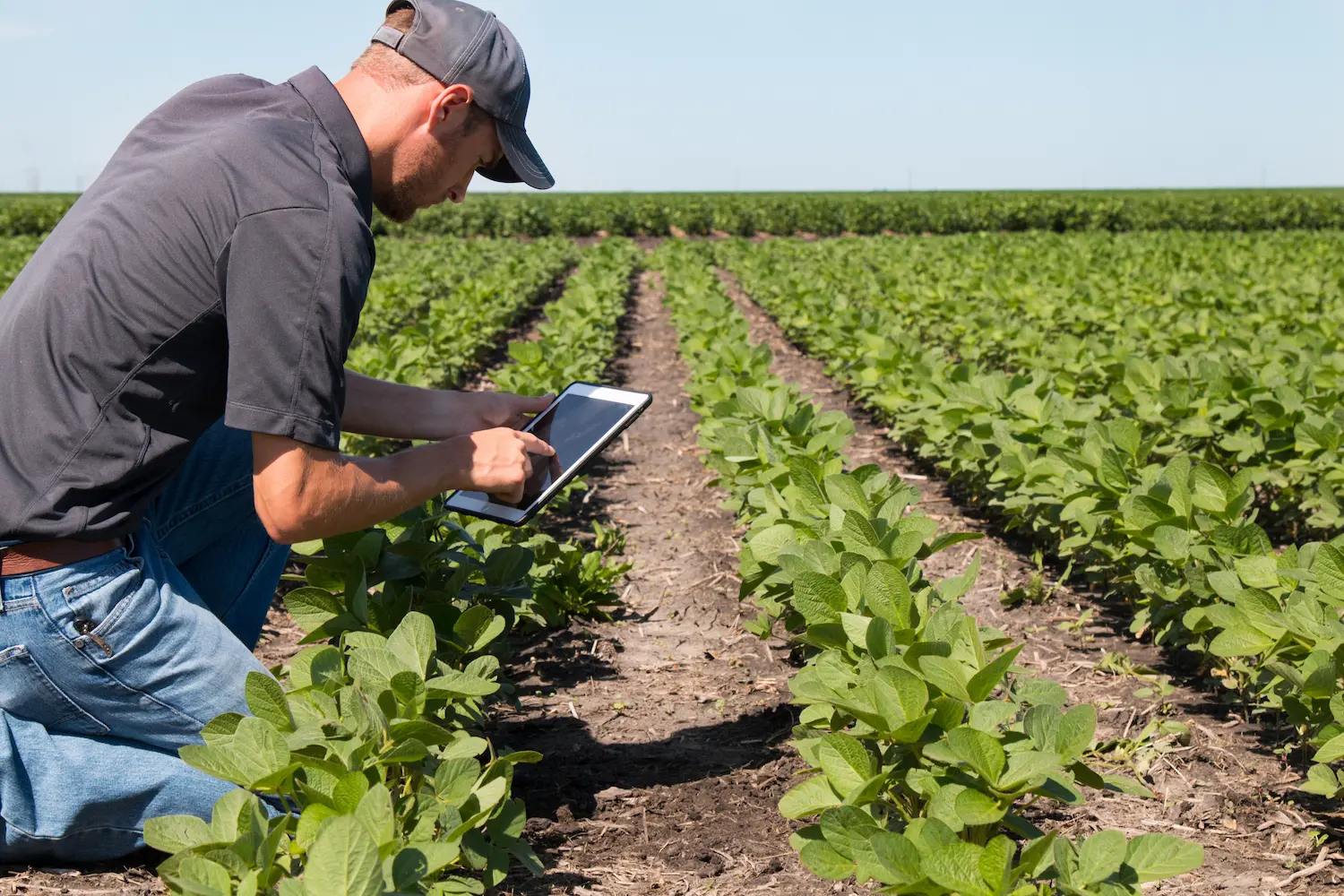Cary, NC (March 11, 2015)
Increasingly volatile weather conditions may be changing how farmers handle their crop nutrients.
As weather patterns change, some farmers are finding they are losing more nitrogen from their fertilizers to the surrounding environment. In many cases, this is due to increased and unseasonal rainfall, followed by long dry spells and warmer winters.
“We’ve just come to more uncertain conditions, which is not an uncommon thing,” said Elwynn Taylor, climatologist and agronomist at Iowa State University.
“If we look at the history of corn yields since we started keeping records in the 1860s, we have had four 25-year periods of highly variable corn yields because of variability in the weather,” Taylor noted. “Those four periods were separated by four 18-yearlong periods of consistent crop yields. I believe what we’re seeing is the beginning of a period of variable yields and weather.”
An increase in weather volatility means that bacteria and other microorganisms can become more active earlier than normal.
“We might get this really warm weather that we usually don’t have where the soil temperature goes up into the 50s in December,” Taylor said. “Microorganisms in the soil can begin to convert nitrogen to a form that can be lost. Usually if you put on nitrogen in the fall, it will remain with the crop and not be lost to microorganisms in the winter months.”
Kurt Seevers, technical services manager with Verdesian Life Sciences, agrees. “Increased temperatures allow soil bacteria that contribute to nitrogen loss to be active for longer periods of time,” he said. “Variability in rainfall may also play an increasing role in nitrogen loss, if we see heavy rains like we’ve had in some areas o the country the past couple of years. A combination of these factors could increase the likelihood of nitrogen loss.”
Nitrogen loss can lead to reduced yields and increase the potential for disease pressure due to less vigorous plants. Lost nitrogen can end up in ground water if it leaches from the root zone as nitrate, or it can enter the air as ammonia which isn’t good for crops.
For more information and to find a dealer near you, contact your Verdesian technical sales representative by visiting vlsci.com or calling 800.868.6446.

